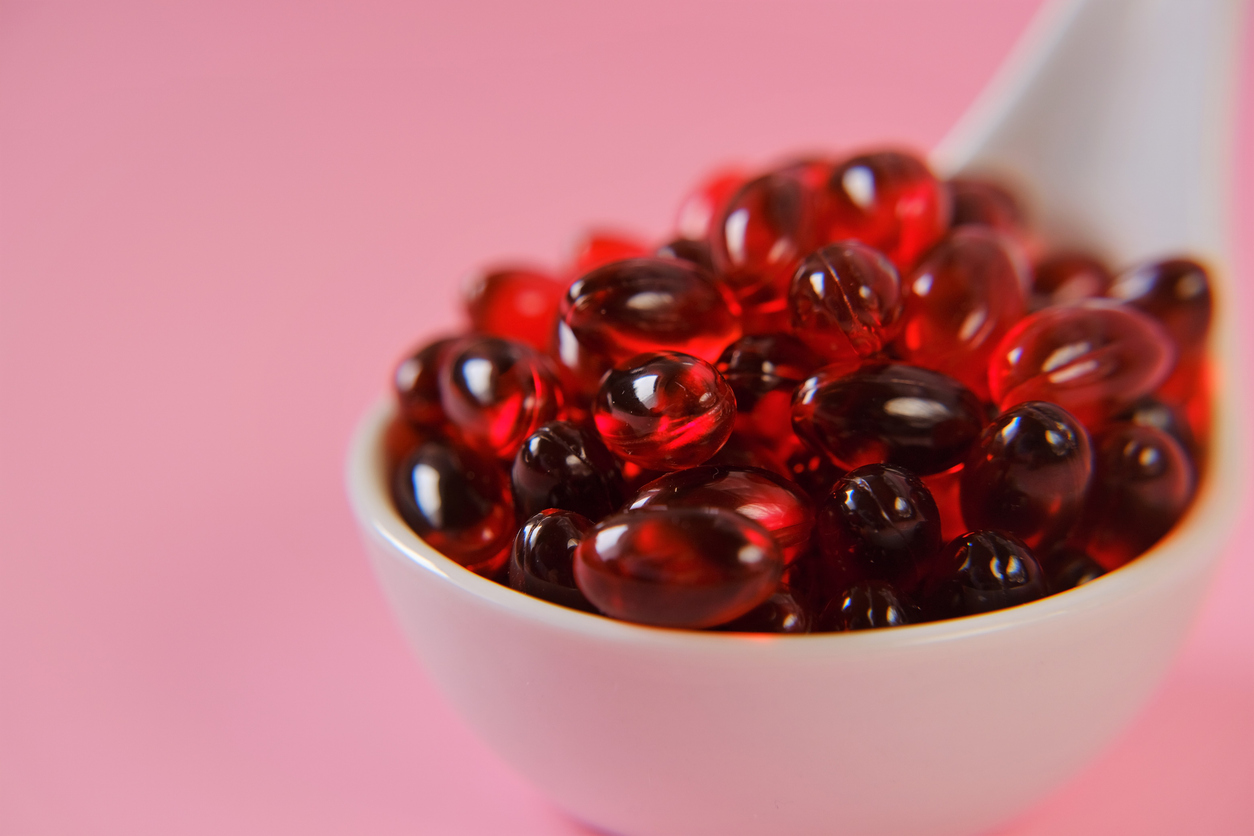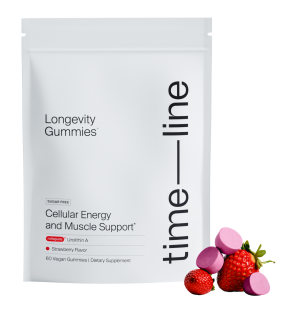Last month, alarming headlines heralded: “U.S. dementia cases estimated to double by 2060”
But, not to worry, our diet minders offer an easy fix: “Eat less red meat!”
That’s what CNNHealth is advocating in an article entitled “Keep your red meat to these limits to protect your brain health, experts say”.
It’s based on a recent study (“Long-term Intake of Red Meat in Relation to Dementia Risk and Cognitive Function in U.S. Adults”). Commendably, the researchers drew on a large population (133,771 participants) spanning four decades.
They found:
“Participants with processed red meat intake ≥0.25 serving per day, compared with <0.10 serving per day, had a 13% higher risk of dementia . . . Higher processed red meat intake was associated with accelerated aging in global cognition (1.61 years per 1 serving per day increment and in verbal memory (1.69 years per 1 serving per day increment) . . . Replacing 1 serving per day of nuts and legumes for processed red meat was associated with a 19% lower risk of dementia.”
Sounds pretty open and shut. But a closer perusal of the study itself, as well as related research, highlights its deficiencies.
First of all, it must be stated that observational studies—regardless of their size and time span—are problematic for forming conclusions about the relationship between diet and disease.
This is explored in an article entitled “Limitations of Observational Evidence: Implications for Evidence-Based Dietary Recommendations”:
“ . . . observational studies are inherently limited by lack of randomization of exposure; therefore, it is difficult to rule out bias and confounding as possible alternative explanations for diet-disease associations . . . Most associations between dietary exposures and disease outcomes are modest . . . Therefore, a high potential exists for type I statistical errors (false positives).”
The results of observational studies show correlation, not causation. Therefore, the seeming relationship between red meat intake and dementia may generate catchy headlines but can’t form the basis for practical dietary recommendations.
There’s also deceptive media appropriation of this study to demonize all red meat, even the unprocessed kind. The authors of the study readily acknowledge:
“Unprocessed red meat was not associated with any measure of cognitive function.”
Yet press coverage of this paper often doesn’t distinguish between consumption of hot dogs, bologna, bacon, and sausage—laden with harmful ingredients like preservatives, nitrites, fillers, emulsifiers, sweeteners, artificial colorings, and stabilizers—and unadulterated cuts of beef, venison, bison, lamb, and pork.
Drilling down, it’s implausible that such a miniscule increment in daily consumption of processed red meat (a quarter of a 3 oz. serving!) should produce such a dramatic impact on the risk of dementia (13% higher!). Really??
More problems . . .
To assess the diets of study participants, the researchers relied on the tried-and-true Food Frequency Questionnaire, which critics have assailed:
“One prominent concern is the potential for measurement error in FFQs. These questionnaires rely on self-reported data from participants, which can introduce inaccuracies due to memory limitations and social desirability bias. Participants may not accurately recall their food consumption frequencies and portion sizes, leading to imprecise estimates of nutrient intake.
Recall bias is another critical issue in the reliability debate. Participants may selectively remember or misreport the consumption of certain foods or nutrients, leading to an overestimation or underestimation of actual dietary intake.”
Food frequency questionnaires often fail to distinguish between meat consumed in conjunction with other food components (sandwiches, spaghetti and meatballs, lasagna) and plain servings of steak, lamb or pork.
And surely there’s irony in asking cognitively impaired people to recall what they’ve been eating over a period of years!
To survey such a large number of subjects, the study authors had to cut some corners. To assess the cognitive health of participants, they relied on a sampling via telephone surveys! This is hardly the equivalent of a professional in-office evaluation conducted by a neurologist or a psychometrician. The researchers also elicited enrollees’ subjective appraisal of their own cognitive health via questionnaire: “How’re ya doin?”
Then there’s a classic error that bedevils observational studies: healthy (or unhealthy) user bias. The study authors admit to it:
“Participants who consumed more red meat had a higher prevalence of current smoking, hypertension, and diabetes, and lower levels of dietary quality, educational level, [socioeconomic status] and physical activity.” Uh-oh!
All are co-factors that might bias red meat consumption toward dementia.
Finally, I always consider the source when looking at these types of studies. The Harvard T.H. Chan School of Public Health is renowned for espousing anti-meat, “planetary health” goals. A large contributor is the Gates Foundation, which has significant equity positions in Beyond Meat, Impossible Foods, makers of vegan meat substitutes, and Upside Foods, a lab-grown meat company that grows meat from animal cells. Gates is on record as saying, “I do think all rich countries should move to 100% synthetic beef.”
The uncomfortable truth is that while Americans’ meat consumption has been declining lately, rates of dementia are soaring. In fact, an analysis of U.S. dietary trends since 1800 shows:
“Processed and ultra-processed foods increased from <5 to >60% of foods. Large increases occurred for sugar, white and whole wheat flour, rice, poultry, eggs, vegetable oils, dairy products, and fresh vegetables. Saturated fats from animal sources declined while polyunsaturated fats from vegetable oils rose. Non-communicable diseases (NCDs) rose over the twentieth century in parallel with increased consumption of processed foods, including sugar, refined flour and rice, and vegetable oils. Saturated fats from animal sources were inversely correlated with the prevalence of NCDs.” [my emphasis]
Contrary to the findings of the ballyhooed study, other analyses have found little substantiation for the red meat—dementia link. One comprehensive review of 29 studies found:
“The majority (21/29) showed that meat consumption was not significantly associated with cognitive function or disorders. Meta-analysis of five studies showed no significant differences in meat consumption between cases with cognitive disorders and controls . . . Overall, there was no strong association between meat intake and cognitive disorders.”
While the benefits of fruits, vegetables, nuts, berries, coffee, tea, cocoa and olive oil are undeniable for brain health, a diet bereft of animal protein courts certain deficits; B12, iron, creatine, and amino acid precursors of brain neurotransmitters are vital for optimal cognitive performance.
Which underscores how poorly substantiated and ill-advised is this conclusion from CNNHealth:
“Reducing the amount of red meat you eat could be an important part of caring for your long-term health, according to the study . . . If you want to cut back and eat in a more nutrient-dense way, it might be time to look into the Mediterranean diet . . . it focuses on eating fruits, vegetables, grains, olive oil, nuts and seeds and the occasional piece of fish.”
Undeterred, I’ll continue to enjoy an occasional ballpark hot dog at Yankee Stadium, a traditional breakfast of (preservative-free) bacon or sausage and eggs, or a good hamburger, steak, or lamb chop at a great NYC eatery.







